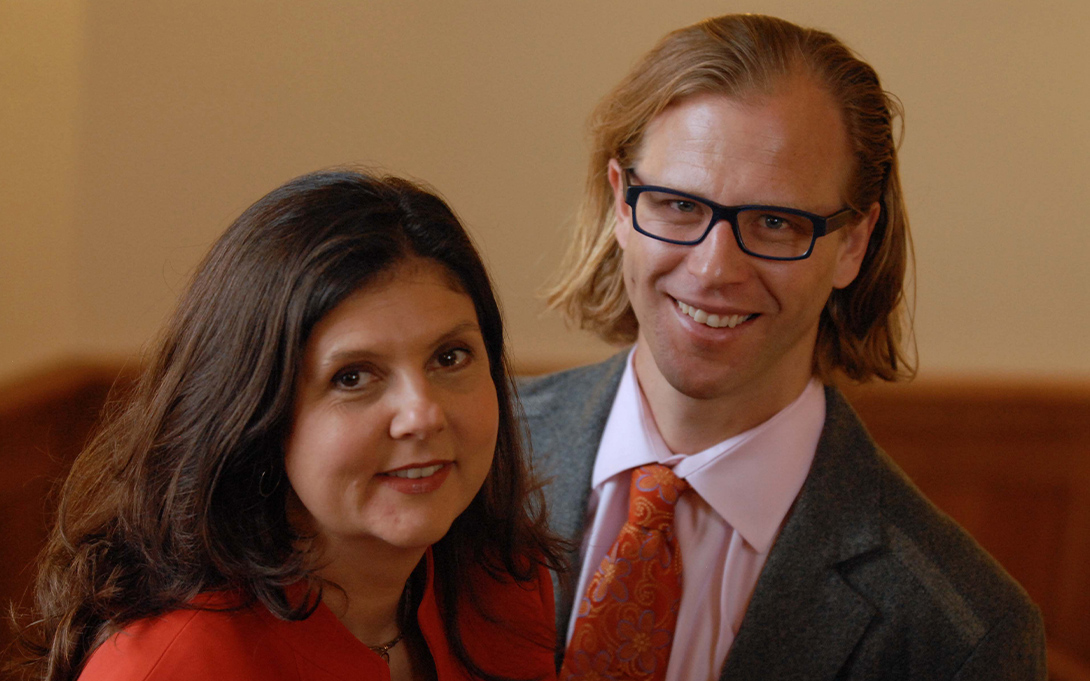
The COVID-19 pandemic is impacting the U.S. economy in unprecedented ways. This week, Ford School economic experts including Ford School dean Michael S. Barr, and professors Betsey Stevenson and Justin Wolfers weigh in on what’s ahead in The New York Times, Washington Post, and on NPR’s “All Things Considered”.
“Usually the shocks aren’t quite this dramatic,” said Stevenson when analyzing the economic severity of the situation in the Washington Post on March 19. To mitigate these impacts Stevenson recommends “buying gift certificates or prepaying for services to the restaurants, bars, and other physical businesses you normally frequent,” in a New York Times opinion article published March 17. “ It’s like a no-interest loan to them and can help stem the revenue loss.”
In a New York Times op-ed on March 19, “The Staggering Rise in Jobless Claims This Week”, Wolfers notes “what would normally be a few months’ worth of job loss happens in a few weeks.” He suggests the economic downturn could be “as bad as the Great Depression” in the Sydney Morning Herald article on March 17.
In a New York Times opinion piece on March 18, “A Payroll Tax Cut Won’t Work. Send Big Checks Now.”, Stevenson and Wolfers affirm that “the government needs to make sure the hardest-hit families have enough income to keep food on their tables,” by sending checks and expanding eligibility for unemployment insurance. In a Washington Post article that same day, “Trump’s coronavirus plan includes industry bailouts that Republicans once opposed,” Dean Michael S. Barr echoed this sentiment: “The first and most important thing is to get a simple cash program up and running and get cash to people now. The economy is grinding to a halt all around us.”
Michael S. Barr is the Joan and Sanford Weill Dean of the Gerald R. Ford School of Public Policy, the Frank Murphy Collegiate Professor of Public Policy, the Roy F. and Jean Humphrey Proffitt Professor of Law at the University of Michigan Law School, and the founder and Faculty Director of the University of Michigan's Center on Finance, Law, and Policy. He is also a nonresident senior fellow at the Center for American Progress. At the Law School, Barr taught Financial Regulation and International Finance, and co-founded the International Transactions Clinic and the Detroit Neighborhood Entrepreneurs Project.
Betsey Stevenson is a professor of public policy and economics at the University of Michigan. She is also a faculty research associate at the National Bureau of Economic Research, a visiting associate professor of economics at the University of Sydney, a research fellow of the Centre for Economic Policy Research, a fellow of the Ifo Institute for Economic Research in Munich, and serves on the executive committee of the American Economic Association. She served as a member of the Council of Economic Advisers from 2013 to 2015 where she advised President Obama on social policy, labor market, and trade issues. She served as the chief economist of the U.S. Department of Labor from 2010 to 2011, advising the Secretary of Labor on labor policy and participating as the secretary's deputy to the White House economic team.
Justin Wolfers is a professor of public policy and economics. He also serves as a member of the Congressional Budget Office Panel of Economic Advisers. Wolfers' research interests include labor economics, macroeconomics, political economy, social policy, law and economics, and behavioral economics. Previously, Wolfers was an associate professor of business and public policy at the University of Pennsylvania and a visiting professor at Princeton University. He is a research associate with the National Bureau for Economic Research, a senior fellow of the Brookings Institution, a senior fellow of the Peterson Institute for International Economics, a research affiliate with the Centre for Economic Policy Research in London, and an international research fellow at the Kiel Institute for the World Economy in Germany.